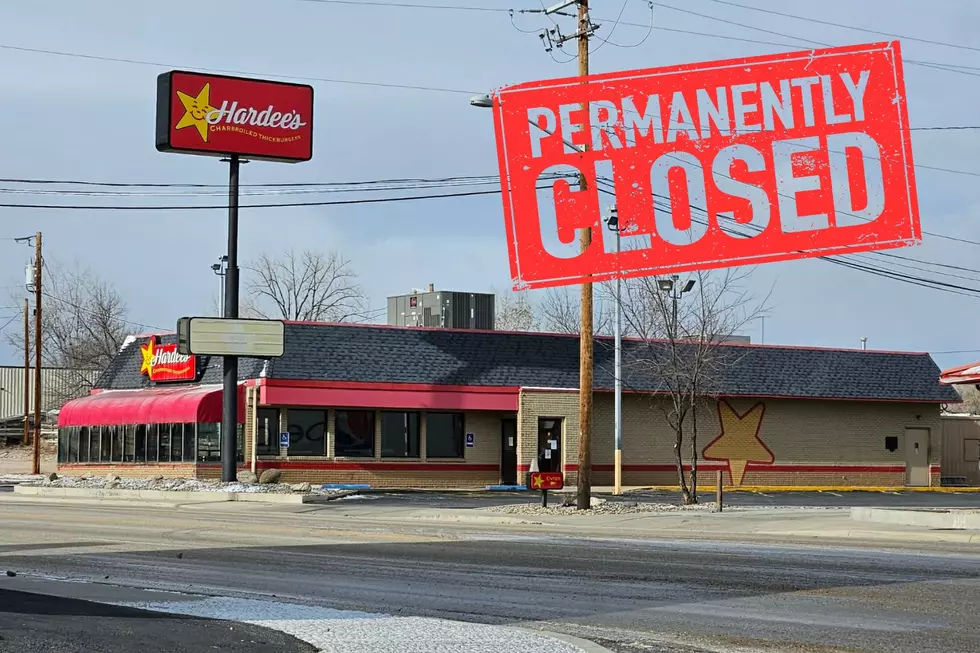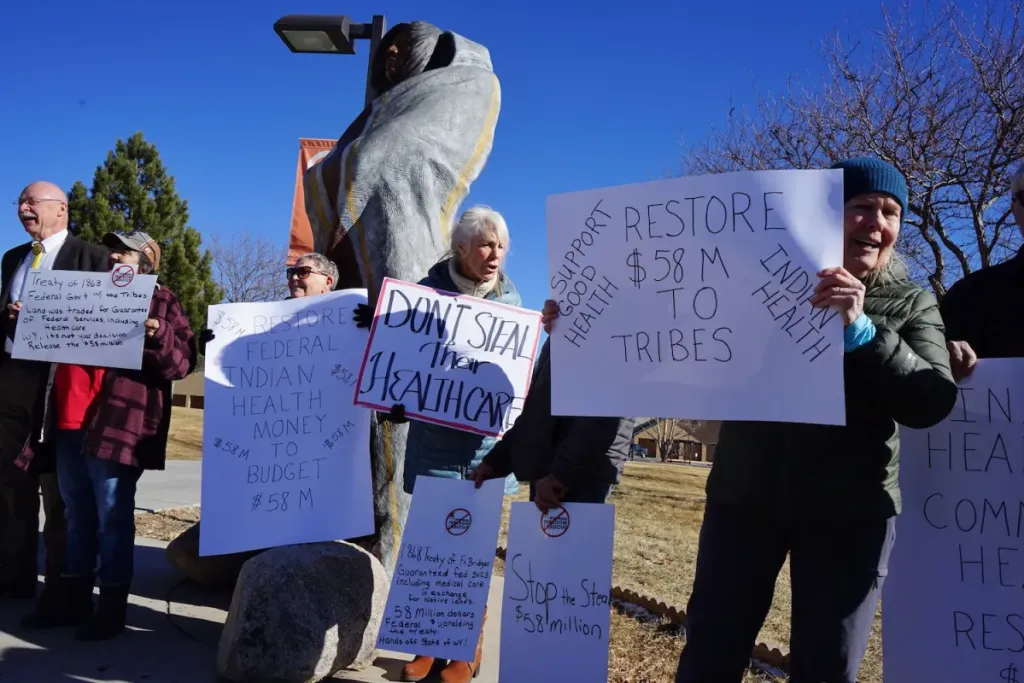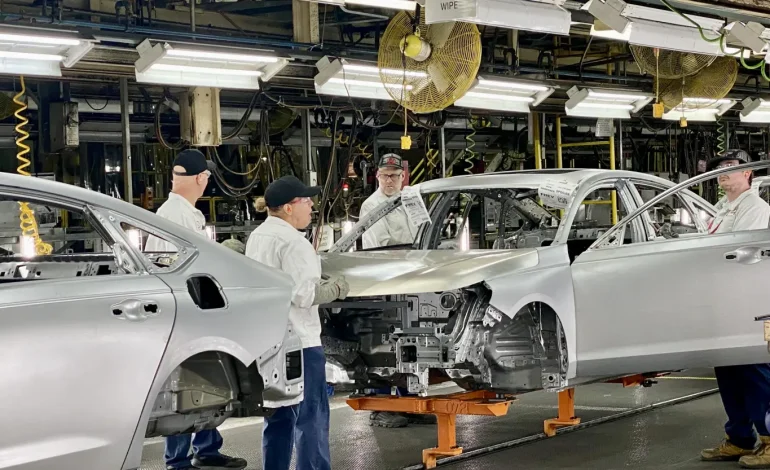CNBC, the Guardian, and Bloomberg contributed to this report.
Global automakers are back on edge over semiconductors — this time not because of pandemic-era shortages, but a geopolitical pile-up centered on Dutch chipmaker Nexperia. The Netherlands seized control of the company, owned by China’s Wingtech, citing national-security concerns. Beijing fired back by blocking exports of Nexperia’s parts. That one-two punch is now rippling through auto plants from North America to Europe.
Inside HQs, the mood is triage. Stellantis CEO Antonio Filosa says the company has a cross-functional “war room” working the problem daily — an approach that’s quietly become standard across the industry since 2020’s supply chain shocks. Purchasing teams are scouring alternative suppliers and, where they must, dipping into the open market to keep lines moving.
“Even the absence of a single diode or chip can disrupt the manufacture of vehicles,” the US supplier group MEMA warned.
Honda was first to blink, trimming output across its main North American plants as it juggles parts. Volkswagen says it has a few days’ cushion before production feels the pinch, but it’s already cautioning that chip availability underpins all its targets. Mercedes-Benz, GM, Ford, Volvo, and others say they’re on round-the-clock mitigation — and pleading for a political fix.
At the core is Nexperia’s bread-and-butter: legacy auto chips — the humble transistors, diodes, and logic components that run wipers, window motors, steering and braking subsystems. They’re cheap, ubiquitous and hard to substitute quickly. Europe’s carmakers are especially exposed given tight ties to regional “Tier-1” suppliers and Nexperia’s historical footprint, even as much production moved to China. The continent’s industry lobby ACEA says some plants are days from stoppages without a workaround.
Diplomacy hasn’t cracked it yet. Hopes that the Trump–Xi meeting would unlock a semiconductor détente fizzled; there was no chips deal. Meanwhile, Wingtech is blasting the Dutch takeover and demanding full control be restored, while The Hague says governance failures made intervention unavoidable. Nexperia says it’s seeking exemptions to restart shipments and limit fallout.
For automakers, this isn’t a technical bottleneck — it’s a political one. CEOs describe a “caught in the middle” squeeze between Washington and Beijing, with Europe absorbing collateral damage. The playbook for now: ration inventory, re-route parts, prioritize high-margin models, and keep those war rooms humming. But unless the export block eases soon, the industry’s 2025 production plans could turn on the smallest chips in the car.










The latest news in your social feeds
Subscribe to our social media platforms to stay tuned